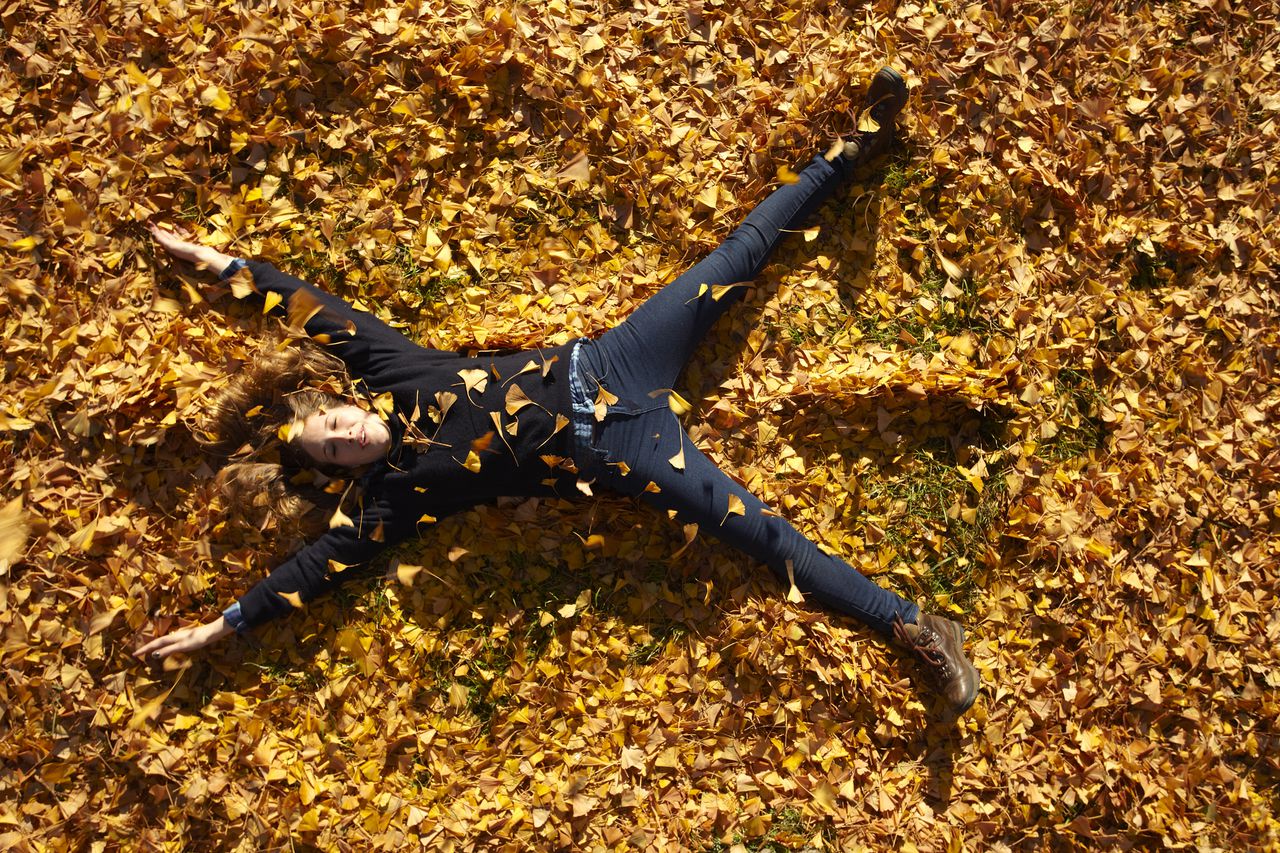Millions of Americans venture out every fall to see foliage change colors, indicating that winter and shorter days are coming.
Depending on where you live, September to December is the best time to witness it. The colors are most vibrant in New England, which attracts visitors from all over the country. If you live in the Deep South, however, you probably won’t see much color t until late November or December to barely notice one of nature’s most remarkable transformations.
But because of our changing climate and increasingly unpredictable weather patterns, which cause extreme drought, blazing wildfires, and highly destructive floods, it’s been more challenging to predict the changing of the leaves, which generates $30 billion in tourist revenue for dozens of leafy regions throughout the country.
At the most basic level, when a tree’s temperature and hydration fluctuate for any reason, it can affect the chemical processes involved in changing leaf color. And with climate change, we’re expected to see that more often, according to a guide from the National Environmental Education Foundation, a Washington, D.C., non-profit national leader in environmental education.
“Scientists believe that in the coming years, higher temperatures, increased precipitation, increased cloud cover, and higher concentrations of nitrogen due to climate change will act together to mute fall colors, noted the report. “Models predict that by (the year) 2100, leaf coloring will be delayed an average of 13 days compared to the present.”
According to the guide, a tree’s foliage can be stunted by a number of different types of weather.
Read More: Why fossil fuels are ‘weapons of mass destruction’
For example, strong winds or thunderstorms can strip away leaves before they change color. Premature frost can impede the formation of red and purple shades. Hurricanes and other storms bring salt deposits, harming trees many miles inland.
Also, intense wildfires can obliterate entire…
Read the full article here

Leave a Reply